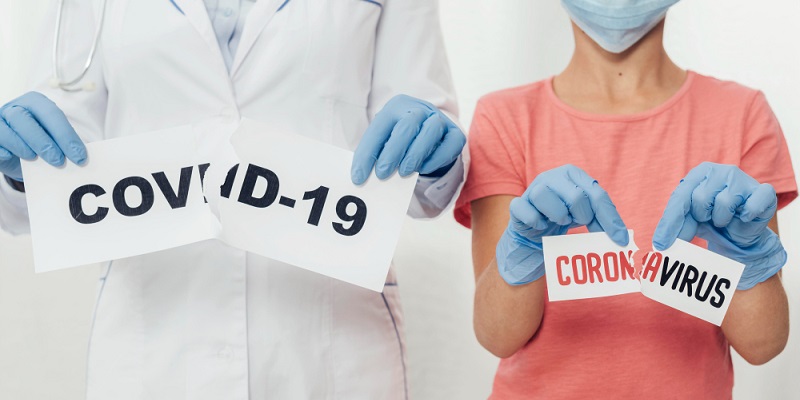As the COVID-19 pandemic continues to impact people and businesses across the world, the end of the public health emergency has become a topic of discussion among many policymakers and healthcare providers. In the United States, the emergency is set to end officially on May 11, 2023. This article delves into what this end means for welfare plans and plan sponsors.
Two major changes to welfare plans resulting from the emergency
The COVID-19 public health emergency brought about two significant changes to welfare plans. The first change is the option for participants to make mid-year election changes to their plans. This option allowed participants to adjust their healthcare coverage to meet their changing needs during the pandemic.
The second notable change is the expansion of telehealth services for COVID-19 testing and treatment. Under the emergency rules, telehealth services have been significantly expanded, and healthcare providers are now allowed to provide certain services via video or phone consultations. This has proved to be helpful in reducing the risk of exposure to COVID-19, especially for those who are most vulnerable to the virus.
The grace period for plan sponsors to come into compliance
The pandemic caused many plan sponsors to struggle to remain compliant with the rules and regulations governing their welfare plans. For this reason, a grace period until July 11 has been provided to allow plan sponsors to review their plans and come into compliance with the normal rules. This gives plan sponsors a much-needed window to make the necessary corrections.
Returning to Normal Rules for Plan Sponsors After the Grace Period Ends
Before the grace period ends, plan sponsors will need to follow the rules that existed before COVID. Among the most important of these rules are the requirements for plan sponsors to provide timely notices, including those for HIPAA and COBRA.
The Importance of Timely Notice Provision for Plan Sponsors
One significant responsibility of plan sponsors is to provide timely notices to their participants, including HIPAA and COBRA notices. These notices inform participants of their rights and responsibilities under the plan and allow them to make informed decisions about their coverage. Failure to provide these notices can result in legal and financial liabilities for the plan sponsor.
Decisions for Plan Sponsors After the End of the Public Health Emergenc
With the end of the public health emergency, plan sponsors must make several important decisions with respect to their employee benefit plans. These decisions are typically business-related and involve weighing the benefits and risks of various plan options. Plan sponsors must consider the financial implications of different plan choices and decide on the most cost-effective options for their business.
Business-related Factors in Plan Sponsor Decisions
Several business-related factors come into play when plan sponsors make decisions about their employee benefit plans. These factors include the size of the business, the demographics of the workforce, and the available financial resources. Plan sponsors must balance the needs of their employees with the financial realities of their business to create a cost-effective and sustainable plan.
Default Choice by Insurance Provider If Plan Sponsor Fails to Choose
If the plan sponsor does not make a choice, the insurance provider will likely make a default selection. It is crucial for plan sponsors to comprehend the default option provided by the insurance provider and ensure that it meets the requirements of the participants and the business.
HIPAA Special Enrollment Timing Rules for Participants
Participants in welfare plans must follow the HIPAA special enrollment timing rules. These rules allow participants to make changes to their coverage outside of the normal enrollment period, but strict timelines govern the process. Plan sponsors must ensure that their participants are aware of these timelines and have access to the necessary information to make informed decisions about their coverage.
Consideration of Voluntary Reminder Communication for Plan Participants
To ensure compliance with the HIPAA special enrollment timing rules, plan sponsors should consider providing a voluntary reminder communication to participants. This communication serves as a reminder to participants to make any necessary changes within the specified timeframe, minimizing the risk of missing the deadline and losing coverage.
The end of the COVID-19 public health emergency marks a significant shift for welfare plans and plan sponsors. As they work to come into compliance with the normal rules and regulations governing their plans, plan sponsors must consider their business needs, the financial resources available, and the needs of their participants. By staying informed and making informed decisions, plan sponsors can adapt to the end of the public health emergency and create sustainable, cost-effective employee benefit plans.

